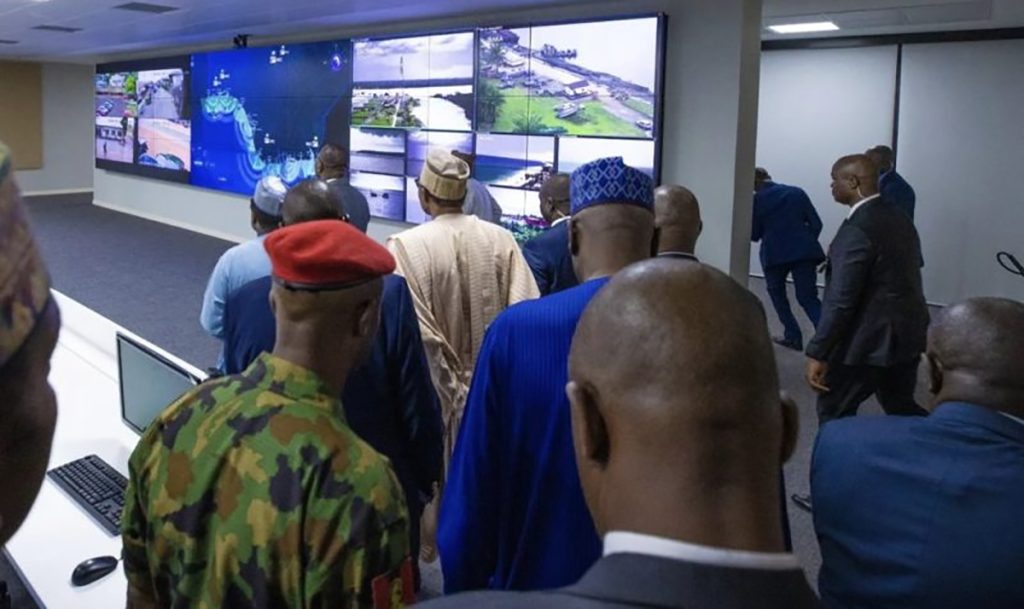Analyzing Nigeria’s counter-terrorism policy involves delving into a multifaceted landscape marked by various challenges and strategies. Nigeria has grappled with insurgency for decades, primarily in the northeastern region, where Boko Haram, and its splinter faction, the Islamic State West Africa Province (ISWAP), have wreaked havoc. The Nigerian government’s approach to counter-terrorism has evolved over time, reflecting the complexity of the threat and the socio-political dynamics within the country.
- Military Operations: Historically, Nigeria has relied heavily on military operations to combat terrorism. This has included large-scale offensives, such as Operation Lafiya Dole, aimed at reclaiming territories held by Boko Haram. While these operations have achieved some success in pushing back insurgent groups, they have also been criticized for human rights abuses and civilian casualties.
- Multinational Collaboration: Recognizing the transnational nature of the threat, Nigeria has actively engaged in regional and international cooperation. The Multinational Joint Task Force (MNJTF), comprising troops from Nigeria, Chad, Niger, Cameroon, and Benin, was established to coordinate efforts against Boko Haram and ISWAP across borders. While cooperation among these nations is crucial, coordination challenges and mistrust among member states have sometimes hindered effectiveness.
- Community Engagement and Deradicalization: Addressing the root causes of extremism, such as poverty, marginalization, and lack of education, is increasingly recognized as vital to long-term counter-terrorism efforts. The Nigerian government has initiated community-based programs aimed at countering radicalization and reintegrating former insurgents into society. However, the success of these programs has been limited by resource constraints, corruption, and the persistence of underlying grievances.
- Legislative and Institutional Framework: Nigeria has enacted several counter-terrorism laws and established specialized agencies, such as the National Counter Terrorism Center (NCTC), to coordinate efforts and enhance intelligence-sharing. However, the effectiveness of these institutions has been hampered by bureaucratic inefficiencies, corruption, and political interference.
- Humanitarian Assistance and Reconstruction: The humanitarian crisis resulting from the insurgency has displaced millions of people and devastated infrastructure in affected areas. Efforts to provide humanitarian assistance and facilitate reconstruction are integral to the broader counter-terrorism strategy. However, limited resources, insecurity, and bureaucratic hurdles have impeded progress in this regard.
- Challenges and Criticisms: Despite these efforts, Nigeria’s counter-terrorism policy faces significant challenges. Persistent corruption within security forces undermines effectiveness and erodes public trust. Allegations of human rights abuses, including extrajudicial killings and arbitrary detention, tarnish the government’s reputation and fuel grievances. Moreover, the evolving nature of the threat, characterized by tactics such as suicide bombings and kidnappings, necessitates continuous adaptation and innovation in counter-terrorism strategies.
In conclusion, analyzing Nigeria’s counter-terrorism policy reveals a complex and dynamic landscape characterized by a mix of military, diplomatic, and socio-economic interventions. While progress has been made in degrading the capabilities of insurgent groups, significant challenges remain in addressing the root causes of extremism, enhancing governance and accountability, and fostering regional cooperation. A holistic and multi-dimensional approach, informed by a deep understanding of local dynamics, is essential to effectively combat terrorism and promote stability in Nigeria and the broader region.
